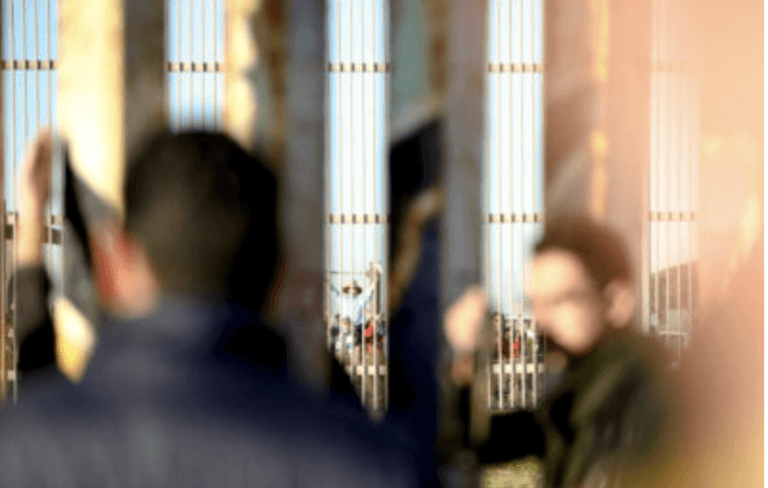An Everyday Peacemaker Story by Matt Willingham
For many of us, the burden of global catastrophes can feel too far, too horrible, and too heavy. The helplessness and guilt many compassionate people feel in the shadow of faraway conflicts like what is happening in Ukraine is real, and it begs the question: how do global realities inform our local actions?
Borderlands advocate, migrant shelter employee, and everyday peacemaker, Katrina Bruins, believes there are many ways we can bridge this gap, but taking action and getting involved locally is critical.
“For the past few years I’ve worked along the US-Mexico border. The simple truth is, there are a lot of disparities in access to safety for people from various cultures,” Katrina shared. “I think we need to start by asking why our country’s policies have left so many Hatians, for example, to sit along the border for months and years, waiting and hoping, but then we welcome Ukrainians in with open arms and a clear pathway to resources. Both are fleeing war and violence, both are seeking asylum (which is perfectly legal), but both are not receiving the same access or hospitality. Why?”
Why do we often have more empathy for those who look like us, or for those who share a common enemy?
Katrina’s work at the border puts her right in the middle of ‘local vs global’, and she has a challenge for us as we battle bias:
“We can’t just shed the biases and prejudices that we’ve picked up in our lives. That’s not how it works, this isn’t a flip you switch on or off…we have to do the everyday work. We have to intentionally put ourselves in new environments by moving toward others, especially those different from ourselves, if we’re going to root out our own biases.”
So we celebrate the hospitality and support offered to Ukrainians fleeing violence while also questioning why it’s easier for many to support one group of refugees over another, to decry one war over another, to acknowledge one catastrophe more than another.
Katrina ended with a lament: “People end up with a lot of wrong ideas about migrants and refugees, but many—maybe most—of the people coming to our borders are legally seeking asylum from terrible circumstances, and the hospitality we show them shouldn’t be based on how they look or where they’re from or how similar to us they seem.”
May we be people infamous for a reckless hospitality as we notice and work to root out our own bias, keeping our life’s focus on local relationships and practices as they inform and hold us accountable to global realities—and not the other way around.

